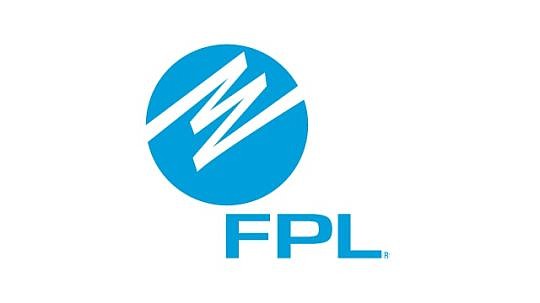
A request for $1.3 billion in base-rate hikes is “driven by investment and infrastructure” rather than profit as critics claim, the president of Florida Power & Light told regulators Monday during the opening of an expected two-week hearing on the proposal.
Eric Silagy, president and CEO of the Juno Beach-based utility, defended the request to the Florida Public Service Commission as a way to maintain the company’s “stability and predictability” while making improvements that include increased use of solar power.
“Ultimately, these are going to end up providing savings for customers,” Silagy said.
But the company’s proposal has met stiff opposition from representatives of consumers and some business groups.
Patricia Christensen, an attorney with the state Office of Public Counsel, was among the critics telling the commission the four-year request is “unjustifiable."
“We believe that at the end of the hearing the commission will also conclude that FPL’s excessive rate request needs to be dramatically cut,” said Christensen, whose agency represents consumers in utility issues.
Under the proposal, FPL wants regulators to approve rates that would generate an additional $826 million in 2017, $270 million in 2018 and $209 million in 2019.
The 2019 money would be tied to the start of a new Okeechobee County power plant, which is scheduled to come online June 1, 2019. There would be no increase requested for 2020.
The proposal, if approved, would increase the monthly base rate for a typical residential customer using 1,000 kilowatt hours of electricity from $57 to about $70 by 2020.
Base rates, however, only make up a portion of customers’ bills, as utilities also pass along the tab for expenses such as power-plant fuel.
As part of the filing with the regulatory agency, FPL estimates that a typical residential customer’s overall bill would go from the current $91.94 to $101.18 starting in January 2017, $104.45 in January 2018 and $107.29 in June 2019.
Commission Chairwoman Julie Brown said the goal is to complete the hearing within two weeks. There are 50 witnesses scheduled from 11 parties.
A decision from the commission is expected in the fall.
Christensen said evidence will be presented that shows a rate decrease is warranted for 2017, with no changes needed in 2018 or 2019.
Christensen added while FPL has professed it would not seek additional rate increases if the proposal is approved, “there is no prohibition against FPL filing for an increase should its earnings fall below its authorized rate-of-return range at any time during the four-year period.”
Silagy responded the company couldn’t commit to such a freeze if the commission approves less than the full request.